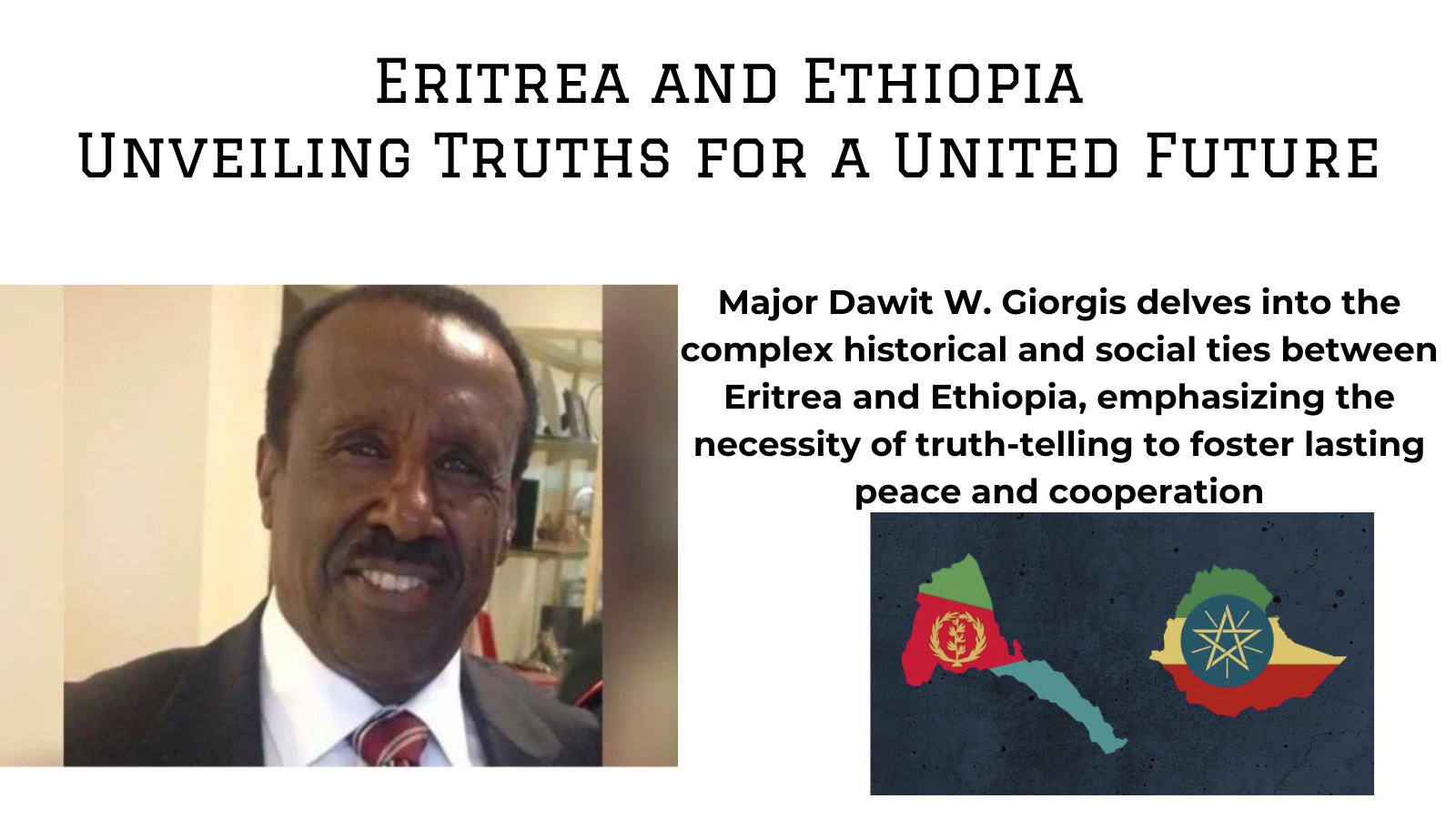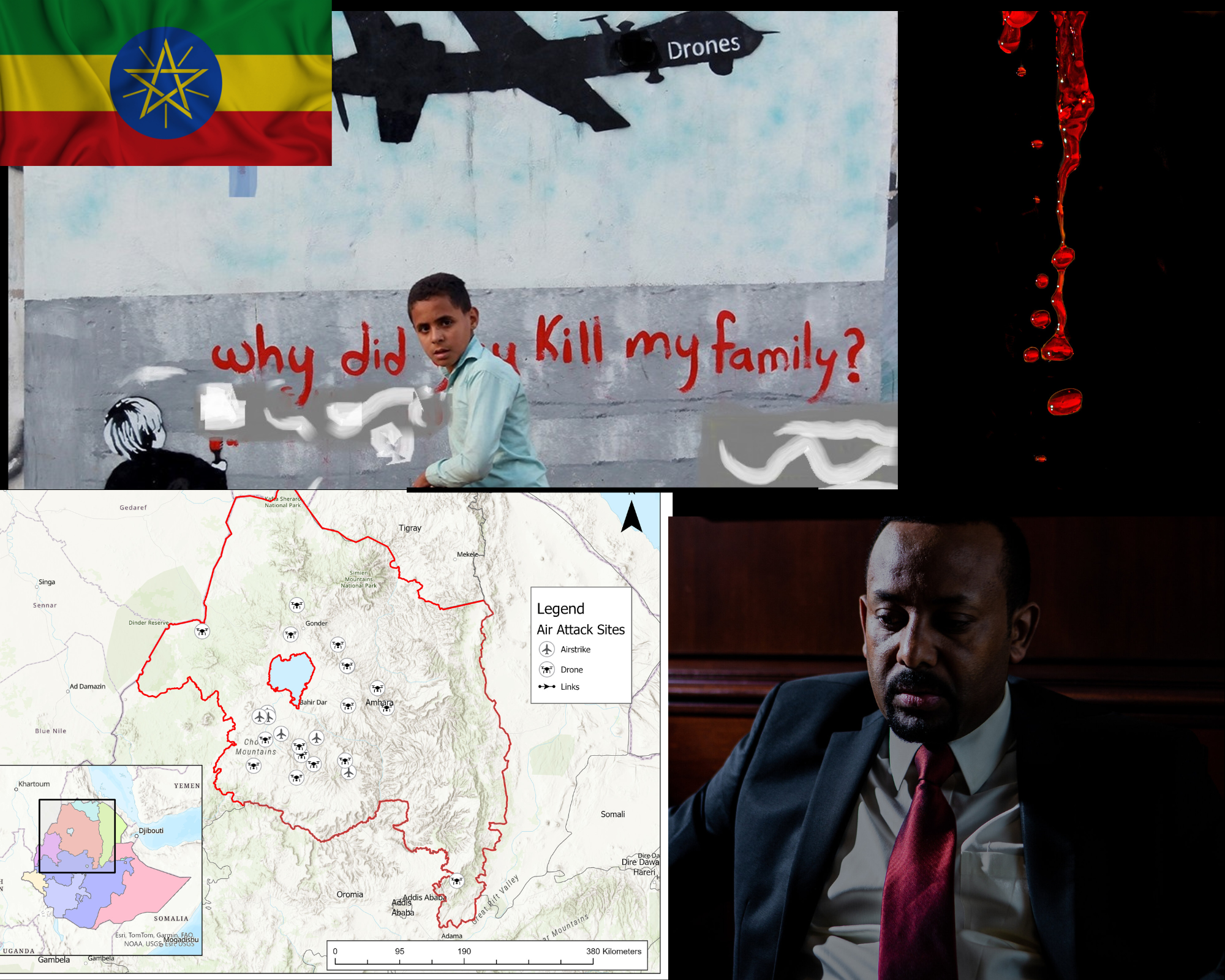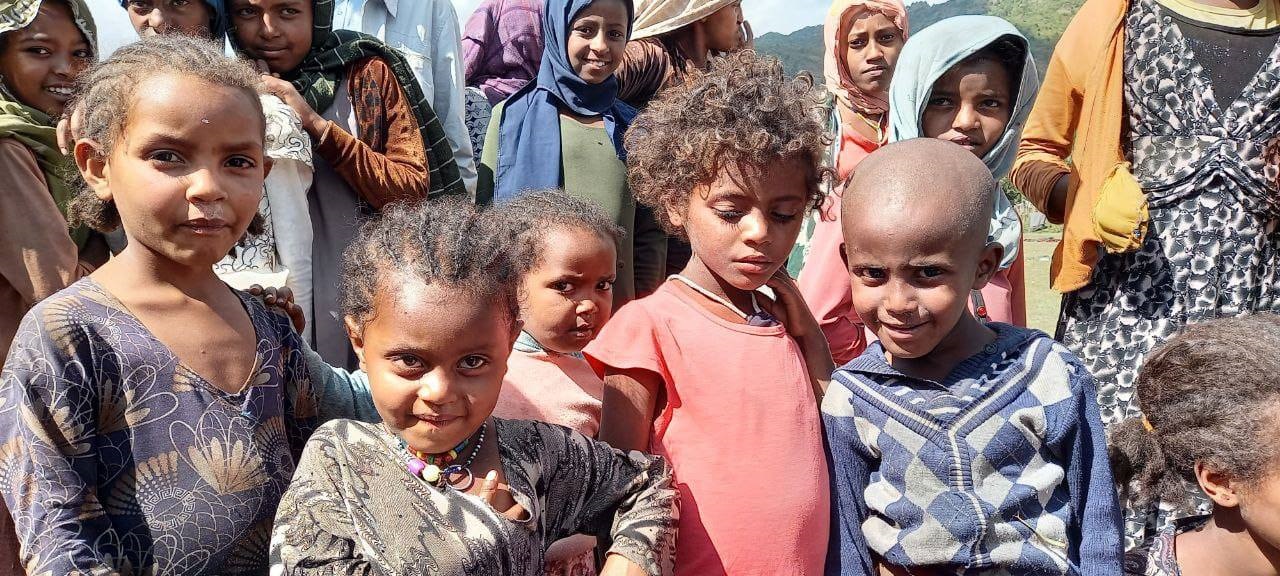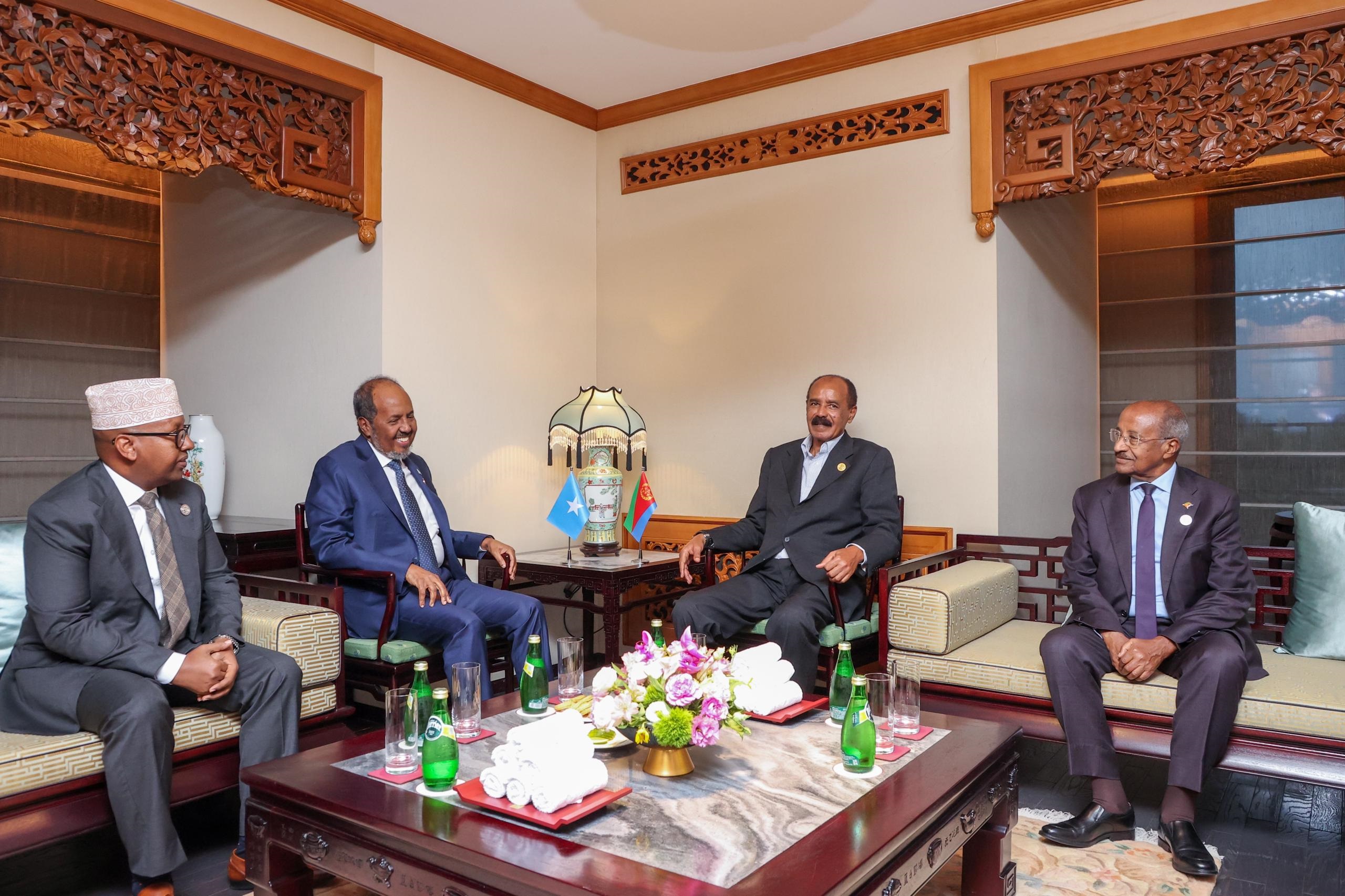The Need to Prioritize Ethiopia’s National Interests Over Regime Interests
Distinguishing National Interests from Regime Agendas in Ethiopia
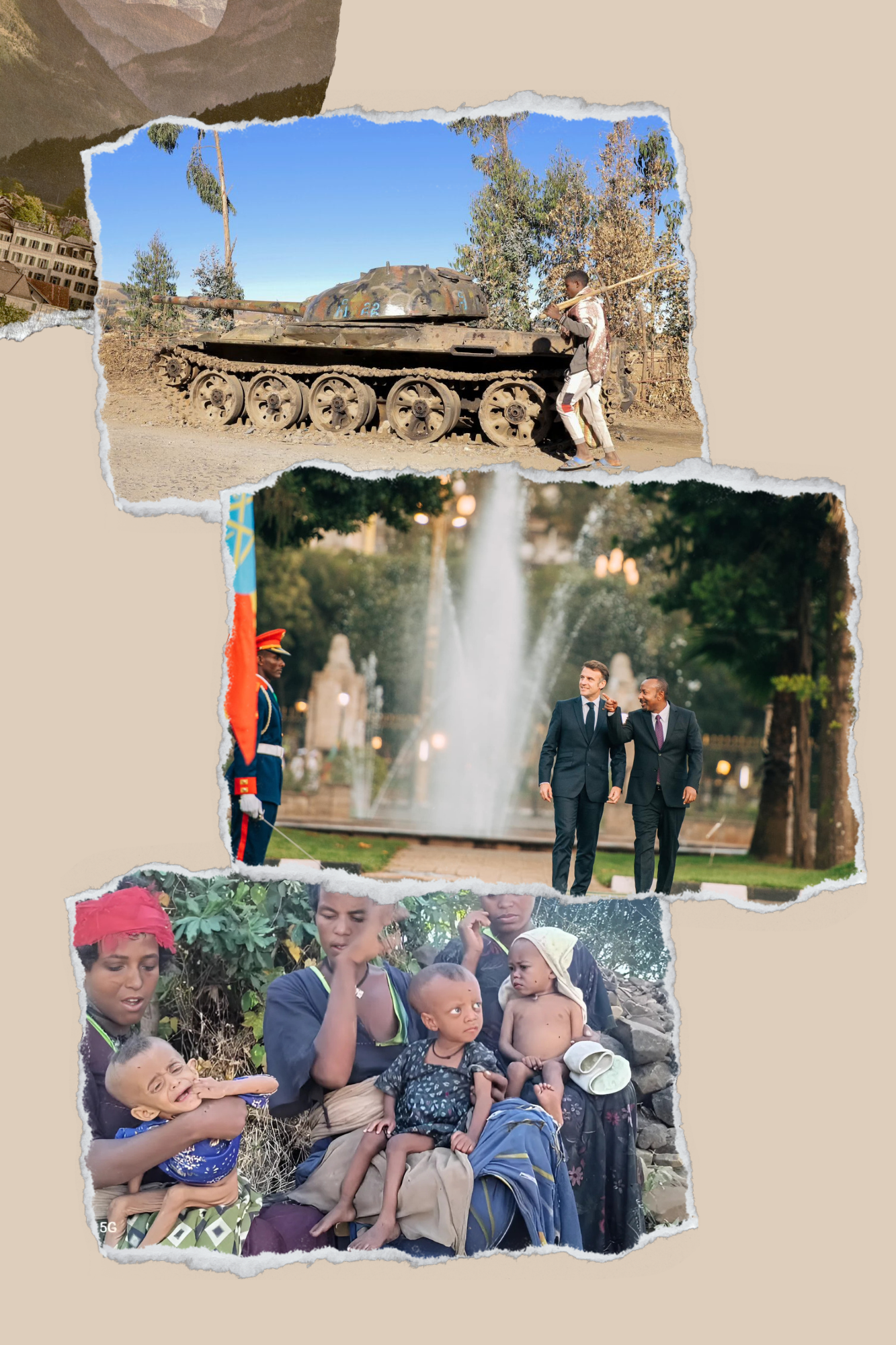
|
Getting your Trinity Audio player ready...
|
Ethiopia is a great country, yet it grapples with a fundamental paradox. It is known for its long history of statehood and strategic significance while simultaneously strained with a troubling lack of a clear sense of national interests. The absence of clarity regarding matters of national interest has enabled successive regimes to exploit the concept to advance their incongruent political interests, while some non-governmental groups promote extraneous agendas under the pretext and at the expense of the nation’s and people’s interests. This commentary examines recent trends concerning the current government’s ongoing manipulation of the idea of national interests, which undermines the people’s pressing questions and aspirations, as well as what a thoughtful perspective would identify as the country’s essential goals and objectives.
The past six years have witnessed increased manipulation of the concept of national interests by the government headed by Abiy Ahmed to promote regime interests: power, legitimacy, and control over the state and the population. At the center of these political interests is building leadership cults and party legitimacy around national interests by presenting appealing but superficial and low-priority initiatives while avoiding pressing public questions amid internal divisions, ongoing wars, and horrifying humanitarian crises.
The government has persistently sought to justify its policy actions, including those that have caused severe and lasting harm to the people, through a distorted perspective of national interest. For example, the government has consistently prioritized the use of force to suppress opposing views and address differences, waged wars, carried out indiscriminate attacks and bombardments, restricted humanitarian access, and arbitrarily detained and tortured citizens and opposition figures, including members of parliament, journalists, human rights advocates, and public servants.
It has also engaged in aggressive counter-diplomacy to defend its actions on the global stage under the guise of securing national interests. This means that while implementing draconian measures domestically in the name of national interest, the government exploits this same justification to manipulate the country’s diplomatic institutions to advance regime interests, contrary to their legal mandates to protect and promote the nation’s and people’s interests. The internal conflicts and unreasonable government actions have placed many career diplomats in a quandary and heavily divided the nation’s non-diplomat elite, all of whom profess allegiance to the national interest in principle.
The government has also taken premature and precarious foreign policy decisions that are unlikely to be maintained or enforced as claimed under the guise of national interest. A typical example is the signing of the memorandum of understanding between Ethiopia and Somaliland, followed by government propaganda claiming that the government has repaired Ethiopia’s long-standing quest for sea access and port ownership, asserting that Ethiopia can and should secure sustainable access to the sea even if neighboring countries disagree.
The signing of the MOU was premature and rushed as associatively driven by domestic regime interests, leading to inconsistent press statements from both Ethiopia and Somaliland, as well as a backtrack by the Ethiopian government, which introduced new preconditions (an in-depth assessment) regarding its promised recognition of Somaliland while reaffirming Somalia’s territorial integrity in the Ankara Declaration.
The National Television reported that “Ethiopia has become an owner of a port.” To amplify the perceived gains from signing the MOU and garner popular support, the government elevated the agenda of sea access through Somaliland as a viable strategy for ensuring the nation’s survival as uttered by the chief spy, Redwan Hussain, who stated, “It is no longer a question of national interest for Ethiopia; it has become a matter of existence.” While recognizing Somaliland is not inherently against Ethiopia’s interests, the signing of the MOU was premature, rushed, and executed with tactless diplomacy for the sake of regime interests. Nevertheless, the fact that access to the sea has been a longstanding and critical national interest issue for the landlocked nation has enabled the government to garner substantial support from the Ethiopian elite, many of whom advocate for securing sea access “either by will or by any other means.”
Furthermore, the government often utilizes the concept of national interest as a political tactic to shame and disparage those who oppose its policies and actions. For instance, individuals who criticized the internal conflicts and foreign policy decisions have been labeled by the regime as “traitors,” “enemies of the nation,” and associates of foreign adversaries. Consequently, throughout Abiy Ahmed’s administration, dissenting views are often unwelcome, even if they are grounded in the national interest, as long as they are deemed contradictory to the Prime Minister’s perspectives and the ruling party’s interests.
More importantly, the concept of national interest has been exploited as a diversionary tool to downplay concerns about improper policy prioritization, a hallmark of Abiy Ahmed’s government. This is evident in the unfortunate lack of outcry as the government spends billions of dollars on extravagant projects without proper audits or checks and balances. These include initiatives to build an additional lavish palace, renovate government offices, and construct recreational centers, while the primary concerns of the people focus on existential issues, such as ongoing wars and a deepening crisis, erosion of the rule of law, widespread human rights violations, and a dreadful humanitarian crisis characterized by displacement, famine, hunger, and lack of food security
Moreover, the issue of national interests has often been overlooked in the guidance and responsibilities assigned to diplomats and diplomatic institutions, with priority given to regime interests. The author of this article recalls that during a diplomatic orientation provided to diplomats by the Prime Minister and former President Sahle-Work Zewde, the latter advised the diplomats to prioritize national interests in their work without becoming overly preoccupied with domestic political agendas. In contrast, the Prime Minister, in a subsequent meeting with diplomats, vehemently stated that “both the President and you (the diplomats) are mistaken in asserting that national interests should take precedence while downplaying political issues.” This statement shocked and frustrated many diplomats, as the Prime Minister reiterated that “whether you (diplomats) like it or not, you must carry out what the Prosperity Party and I instruct you to do, or you should resign from the institution and your diplomatic position.”
The author of this article recalls that during a diplomatic orientation provided to diplomats by the Prime Minister and former President Sahle-Work Zewde, the latter advised the diplomats to prioritize national interests in their work without becoming overly preoccupied with domestic political agendas. In contrast, the Prime Minister, in a subsequent meeting with diplomats, vehemently stated that “both the President and you (the diplomats) are mistaken in asserting that national interests should take precedence while downplaying political issues.” This statement shocked and frustrated many diplomats, as the Prime Minister reiterated that “whether you (diplomats) like it or not, you must carry out what the Prosperity Party and I instruct you to do, or you should resign from the institution and your diplomatic position.”
Furthermore, the administration’s failure to prioritize institutionalization and professionalism, alongside the ongoing personalization of foreign policy and the appointment of gravely unqualified individuals to key diplomatic positions, reflects a lack of proper articulation of national interests. This was exemplified, for instance, by the persona non-grata designation by some countries for unsuitable diplomatic appointees, the insufficient prior consultation with the Ministry of Foreign Affairs regarding vital national interest matters such as the deals made with Eritrea and Somaliland, the sudden and thoughtless closure of over 30 diplomatic missions only to reopen some of them recently, the appointment of diplomats who did not pass the institution’s exam to foreign postings and higher positions, the ongoing pattern of assigning friends, family members, and individuals who are not employees of diplomatic institutions to diplomatic missions abroad, and the repeated public statements attributing every major diplomatic endeavor such as membership in BRICS, solely to the Prime Minister.
Ethiopia’s national interest demands broader deliberation on these and related key foreign policy issues to compel the government to revise its priorities. However, government mis/disinformation and pressing survival issues have swamped the elite, overshadowing the overall discourse and widespread attention.
Moreover, national interest has often been used as a pretext to obstruct almost all viable attempts to investigate human rights violations and establish effective independent accountability mechanisms. The notion of “sovereignty” as a key component of national interest has frequently been deliberately manipulated to thwart international efforts to probe atrocities by portraying non-Ethiopian entities, including international institutions of which Ethiopia is a member and legally obligated to cooperate with, in a negative light. For instance, all international initiatives to investigate ongoing atrocities in Amhara and Oromia have been completely blocked by the government under the guise of sovereignty, without any viable domestic alternative.
In the Tigray region, some initial investigations were carried out in certain areas; however, the findings were neither implemented nor were the unexamined human rights violations given proper attention. Meanwhile, the architects of the war, along with the ensuing human rights violations and humanitarian crisis, have made their own peace, granting amnesty to one another. However, the initial antagonism and conflicts that trickled down to the people through their hate and war propaganda remain unaddressed. As a result, victims continue to be overlooked, and the populace, along with the elites, remains divided, with the regime making no sincere effort to address these disparities. This unfortunate reality stems from a deliberate manipulation of the country’s national interests, which regime officials view as unrelated to the people’s immediate concerns.
The illustrations above are just a few examples of how the government manipulates the national interest agenda to glorify the Prime Minister and promote the Prosperity Party’s interests at the expense of the country. This improper pursuit and manipulation of national interests do not align with the immediate needs of the people or the country’s long-term objectives
Therefore, it is high time for all concerned Ethiopians to distinguish between the national interest and the regime’s interest. People should avoid being slaves to their emotions and instincts and critically examine the government’s actions. Being critical does not mean opposing Ethiopia’s interests. Rather, blindly supporting or opposing government actions is not in the nation’s best interest.
In this respect, the elite (educated Ethiopians) bear a special responsibility to clarify and distinguish between the national interests and regime interests through an informed perspective. The divided elite must step out of their respective comfort zones and initiate a dialogue aimed at shared objectives: national interests. The national interest agenda must not be deferred with the belief that the people have more pressing needs, as the government’s and other groups’ manipulation of it largely contributes to the ongoing challenges.
National interest ideally aligns with the immediate and long-term interests of the people, including both current and future generations, as well as the goals and objectives of the country as a sovereign entity. However, the author does not intend to impose their views on the definition of national interest and instead aims to conclude this article by encouraging all Ethiopians to be mindful of the national interest through thoughtful reflection.
Editor’s Note: The views expressed in articles published by East African Review are those of the individual authors, institutions and do not necessarily reflect the perspectives of the editorial team or East African Review as an organization. The publication of any Op-Ed piece does not imply endorsement by East African Review.—please feel free to share them in the comments section below or email us at [email protected].
